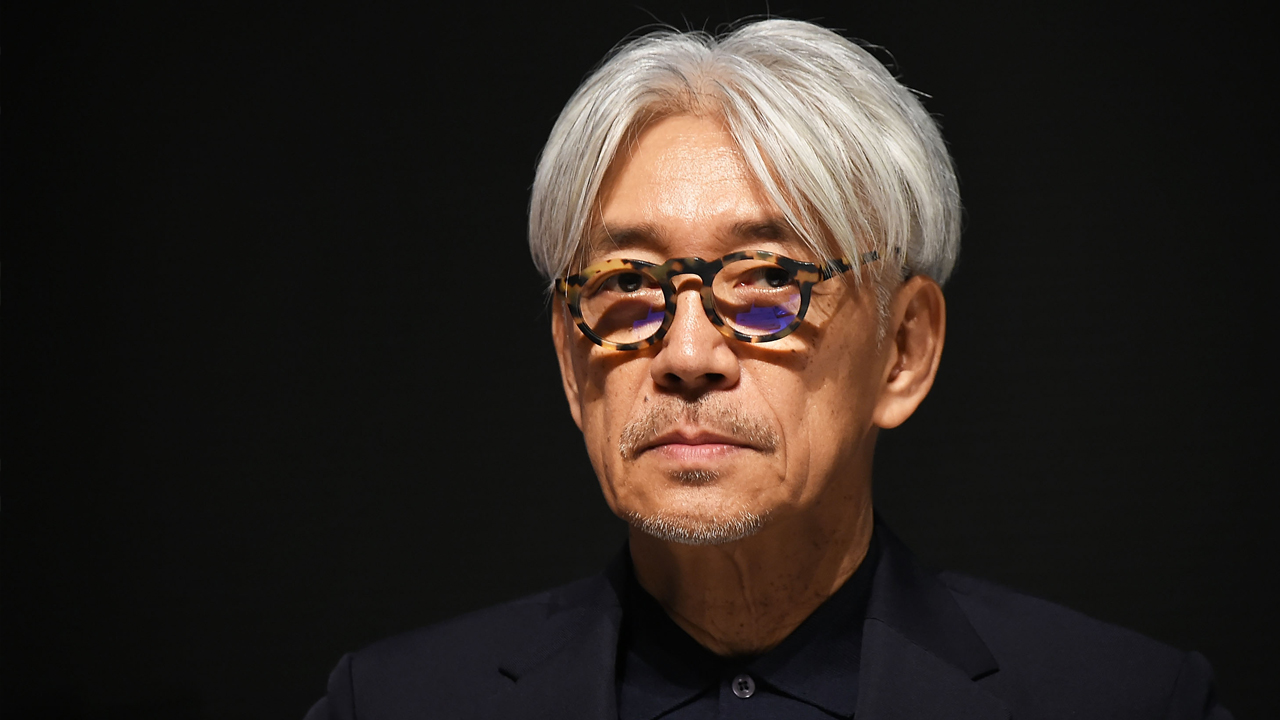Trailblazing musician and composer Ryuichi Sakamoto dies at 71

Composer and activist Ryuichi Sakamoto, the creative force behind The Last Emperor’s award-winning score and trailblazing member of Yellow Magic Orchestra, has passed away at the age of 71 following a second cancer diagnosis.
Sakamoto died on March 28, as a statement released by his management team to his official website confirmed.
“We are deeply saddened to announce the passing of artist and musician, Ryuichi Sakamoto,” it read.
"While undergoing treatment for cancer discovered in June 2020, Sakamoto continued to create works in his home studio whenever his health would allow.
"He lived with music until the very end.”
“We would like to extend our deepest gratitude to his fans and all those who have supported his activities, as well as the medical professionals in Japan and the US who did everything in their power to cure him,” it continued, before going on to explain that his funeral service was “held among close family members” as per his wishes, and that they would be unable to accept “calls of condolences, offerings of incense or flowers, and the like.”
To conclude the statement, the team shared one of Sakamoto’s favourite quotes, “‘Ars longa, vita brevis’.
“Art is long, life is short.”
Sakamoto’s art is perhaps what he will be remembered best for - by many, for his widely-renowned soundtracks, including those for Merry Christmas Mr Lawrence, the same film in which he starred alongside his friend, David Bowie.
The team managing the late Bowie’s official Twitter account posted a tribute to Sakamoto in the wake of the news, writing, “REST IN PEACE RYUICHI SAKAMOTO … ‘Here am I, a lifetime away from you’” alongside a picture of the two, taken in Japan in 1983.
REST IN PEACE RYUICHI SAKAMOTO
“Here am I, a lifetime away from you...”
Sad to learn of the passing of actor, composer, and producer @ryuichisakamoto. The renowned Japanese artist passed on Tuesday 28th March aged 71.
He won awards - including an Oscar, a Grammy and Bafta -… pic.twitter.com/OZdRVnQyYW
— David Bowie Official (@DavidBowieReal) April 2, 2023
Sakamoto’s contribution to numerous music genres - including the likes of synth-pop, house music, and hip-hop - won’t be forgotten either. In the 1970s, he rose to fame as a member of the Japanese group Yellow Magic Orchestra, helping to lay the foundations for generations to come with their innovative electronic approach.
In the 1980s, Sakamoto even joined forces with Iggy Pop for the 1987 hit ‘Risky’.
“One of the greatest, most influential composers of our times,” tweeted one fan of his music mastery. “And I mean like really truly foundational levels of influence. Do you like electro? Hip hop? Video game music? Modern film scores? Jpop? Jrock? "Experimental music"? He was a pioneer of it all!"
And his success from 1987 wasn’t to stop there, with Sakamoto taking home the Academy Award for his score on the period epic The Last Emperor. While the award was presented at the 1988 ceremony, the film - directed by Bernardo Bertolucci, and telling the story of China’s last emperor, Puyi - was released the previous year. The score also saw him take home a Grammy and a Golden Globe for his work.
As the Japan Film Society wrote on Twitter, Sakamoto was “a singular artist whose contributions to music and film remain unparalleled.”
In 2007, Sakamoto branched out again, founding a conservation organisation known as More Trees, with the goal of promoting sustainable forestry in Japan, Indonesia, and the Philippines. Reportedly, Sakamoto even contacted the Tokyo governor shortly before his passing, continuing his mission to protect Japan’s tree cover.
And in 2011, Sakamoto turned his influence into activism yet again in the wake of the Fukushima meltdown when he organised a concert against nuclear power.
Images: Getty
